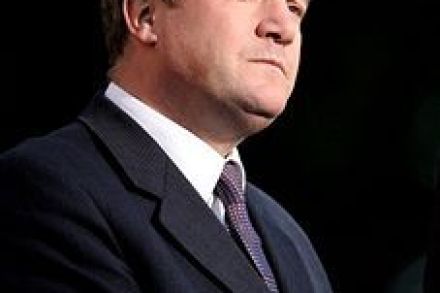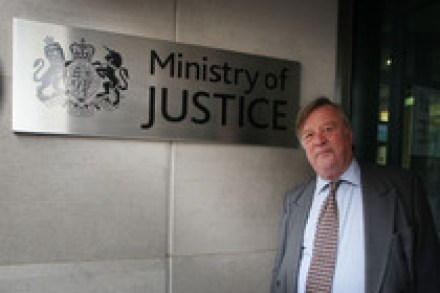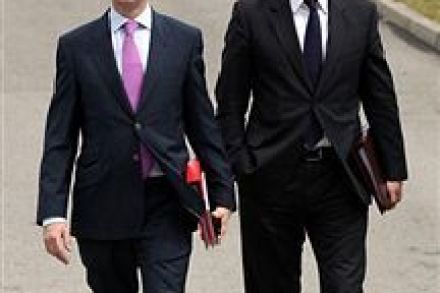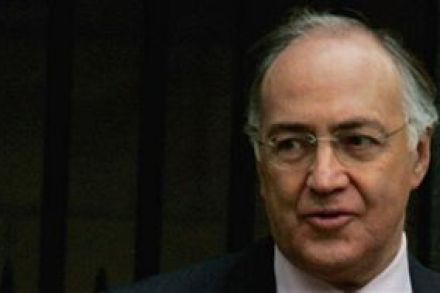Balls fires a warning shot at May
It has taken Ed Balls 24 hours to steam into action. He says: “The government’s deep cuts of twenty per cent to policing could mean up to 20,000 fewer police officers, according to the Police Federation. And I’m particularly worried that specialist policing units, such as those to tackle organised crime, domestic violence or child abuse which the government no longer considers to be part of the frontline, could be the first to be cut.” This comes as the latest crime figures suggest that crime has fallen, thanks in part to the last government’s massive recruitment drive in policing and its increase of the prison population. Deep budget cuts to



















